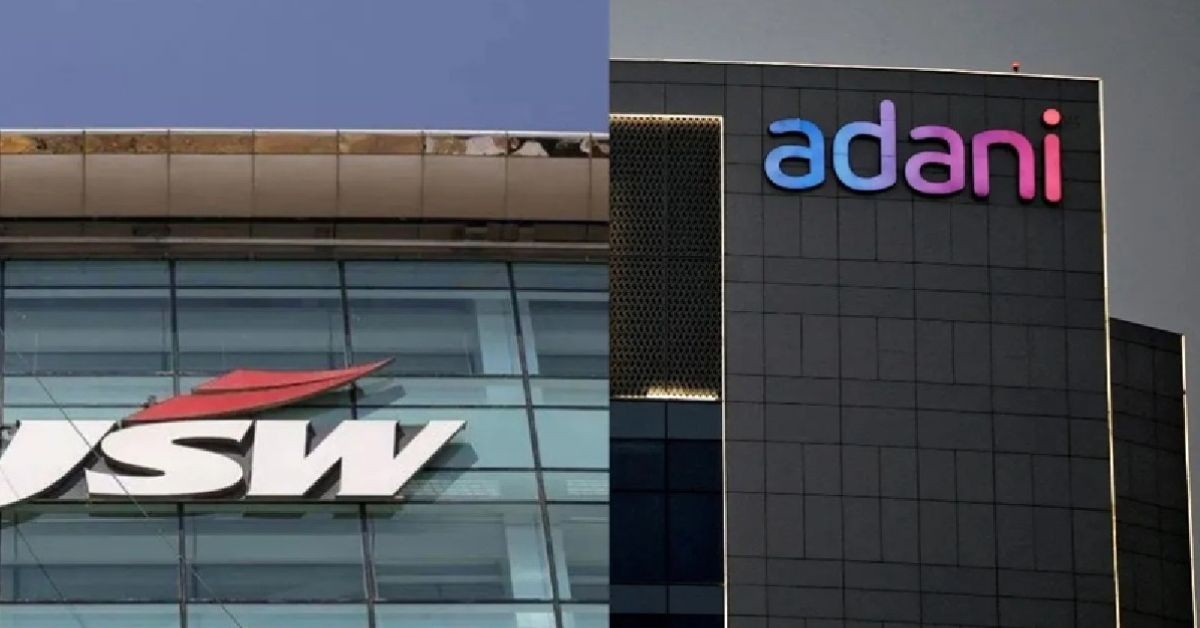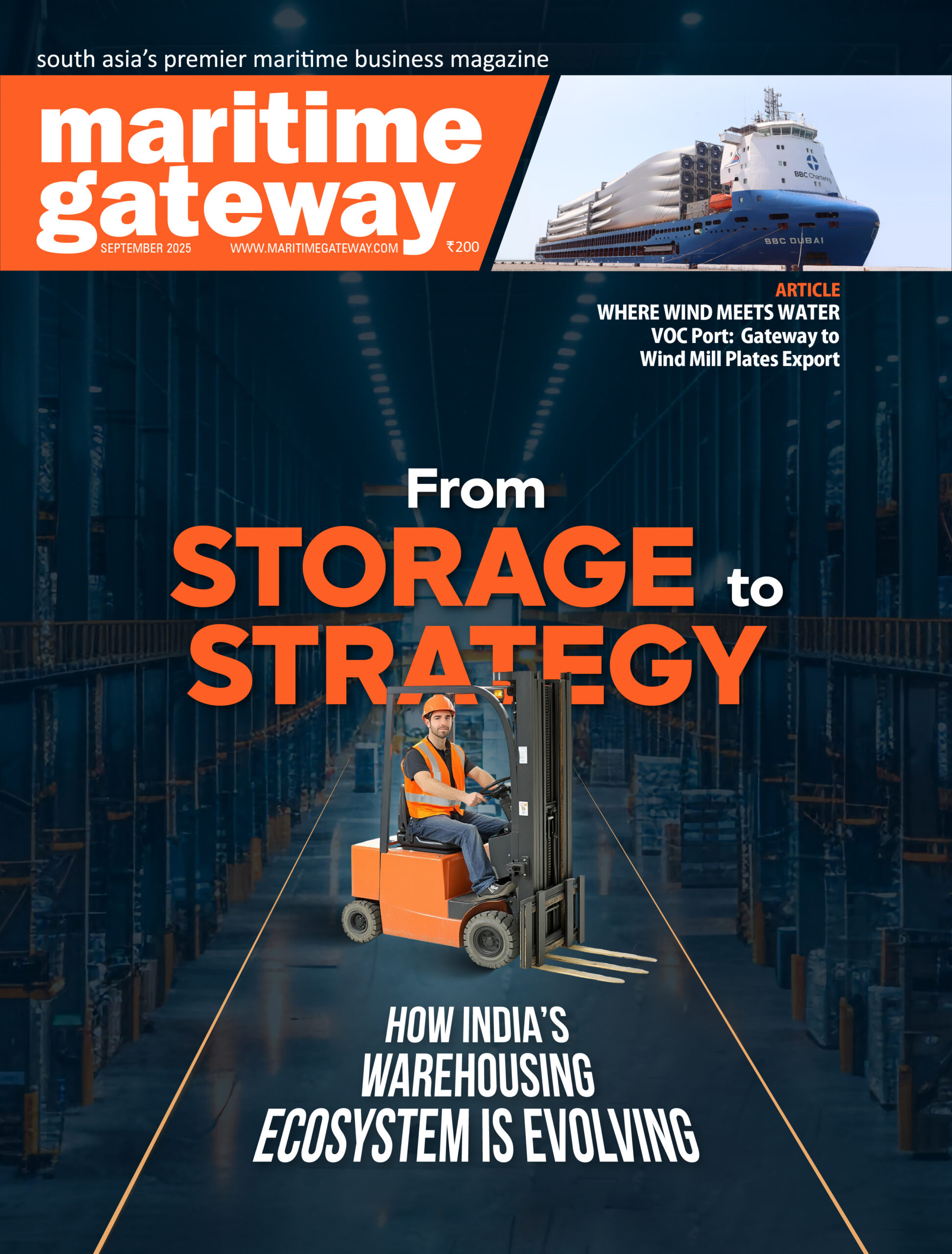Leading private port operators in India, Adani Ports and JSW Infrastructure, are growing their logistics offerings to handle additional cargo as they provide integrated transport services. As profitable port assets that can increase cargo volumes have become less available, port operators have instinctively turned their attention to finding value in upstream integration, or the logistics sector. Port operators are investing in the construction of hinterland assets due to the synergies that can be obtained from processing domestic cargo as well as importing or exporting it through an end-to-end service capability.
The top private port operator in India, Adani Ports and Special Economic Zone (APSEZ), has 132 rakes, 12 multimodal logistics parks (MMLPs), over 3 million square feet of warehouse space, approximately 6,000 containers, 937 trailers, and tipper trucks. It has 18,250 hectares of industrial land and is constructing a bank of more than 1,528 acres at various industrial clusters that are integrated with hinterland logistics (such as road and rail). In its Q4 FY25 earnings call, APSEZ’s management stated that the company’s goal is to become an integrated transport utility company.
In FY25, JSW Infrastructure (JSW Infra) paid Rs 1,644 crore to buy the majority of the logistics company Navkar Corporation. The company has filed bids for acquisitions with the National Company Law Tribunal and is searching for further inorganic prospects in logistics. In order to have a “industry-leading ROCE,” JSW Infra, which now operates two Gati Shakti Cargo Terminals (GCT), intends to take advantage of further chances of this kind in order to establish a statewide logistics network of 15 to 20 GCT centers in five years. For its logistical plans, the corporation intends to utilize 100 acres of undeveloped land in Morbi, Gujarat, and Panvel, Maharashtra. Through the implementation of an asset-light model through GCTs, synergies with the JSW Group, opportunities in the logistics industry, and significant accounting cleanup, it aims to achieve a logistics revenue of Rs 8,000 crore and a 25% ebitda margin by FY30.
Experts say that APSEZ and JSW Infra’s logistics plans are a logical progression of their port operations. By providing “end-to-end solutions,” increased port efficiency, and higher cargo volumes, the corporations want to increase their revenue from clients. While ebitda jumped 18.9% to Rs 642 crore, APSEZ’s FY25 logistics revenue increased 38.6% to Rs 2,881 crore. In FY24, margins were 26%; they now stand at 22%.
According to the corporation, expansion will raise ROCE while decreasing the overall ebitda percentage. Trucking income, which was Rs 428 crore in FY25, is expected to increase by at least three times in FY26. In FY25, JSW Infra reported ebitda of Rs 41 crore and logistics revenue of Rs 250 crore. With the help of terminals, GCT projects, and rake additions, it has projected a 50% increase in FY26 logistics revenue.
According to experts, logistics is a low-margin industry, so the two companies’ expansion plans could have conflicting financial effects. A multi-year capital investment of between Rs 20,000 crore and Rs 20,500 crore is planned by APSEZ for land, new trucks, trains, MMLPs, warehouses, and agriculture silos. Between FY25 and FY30, JSW Infra has set aside Rs 9,000 crore to grow its logistics company. According to Goel, operators’ massive capital expenditures pose a risk.









